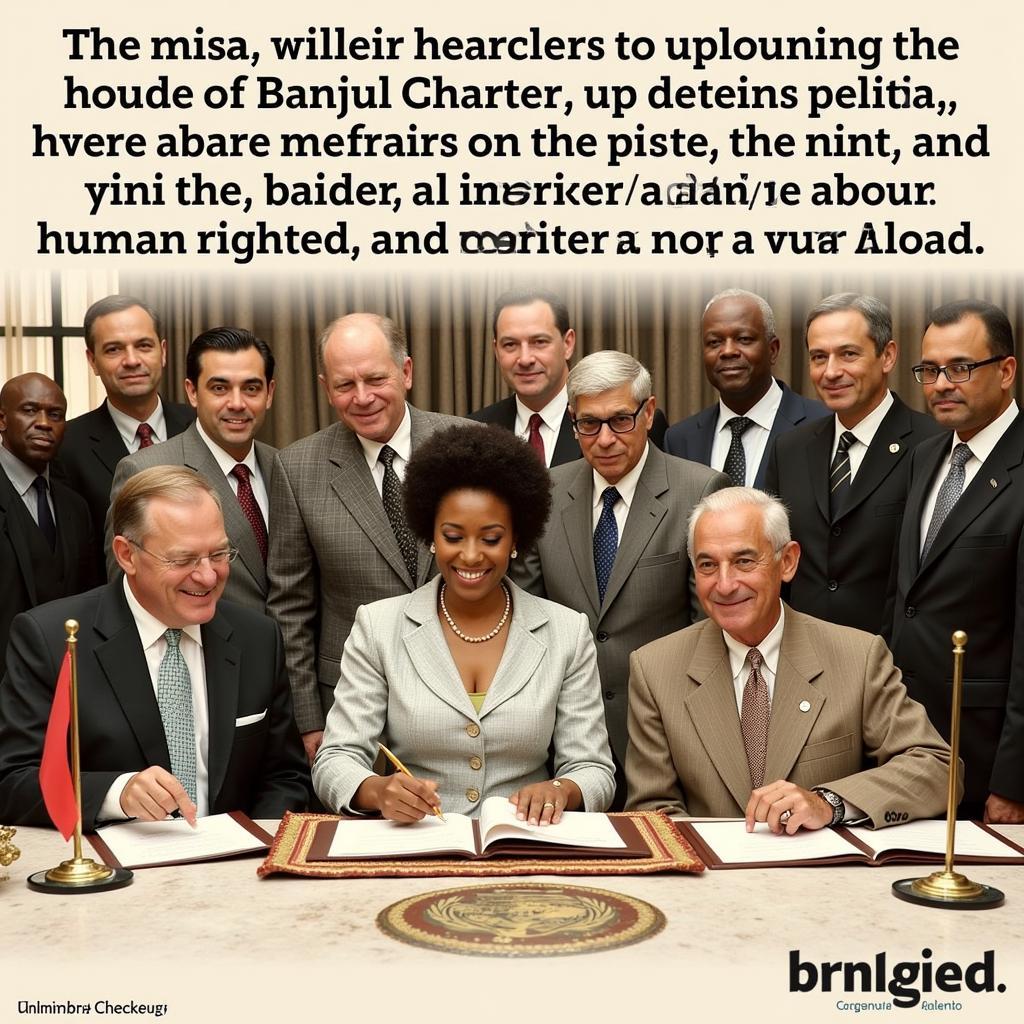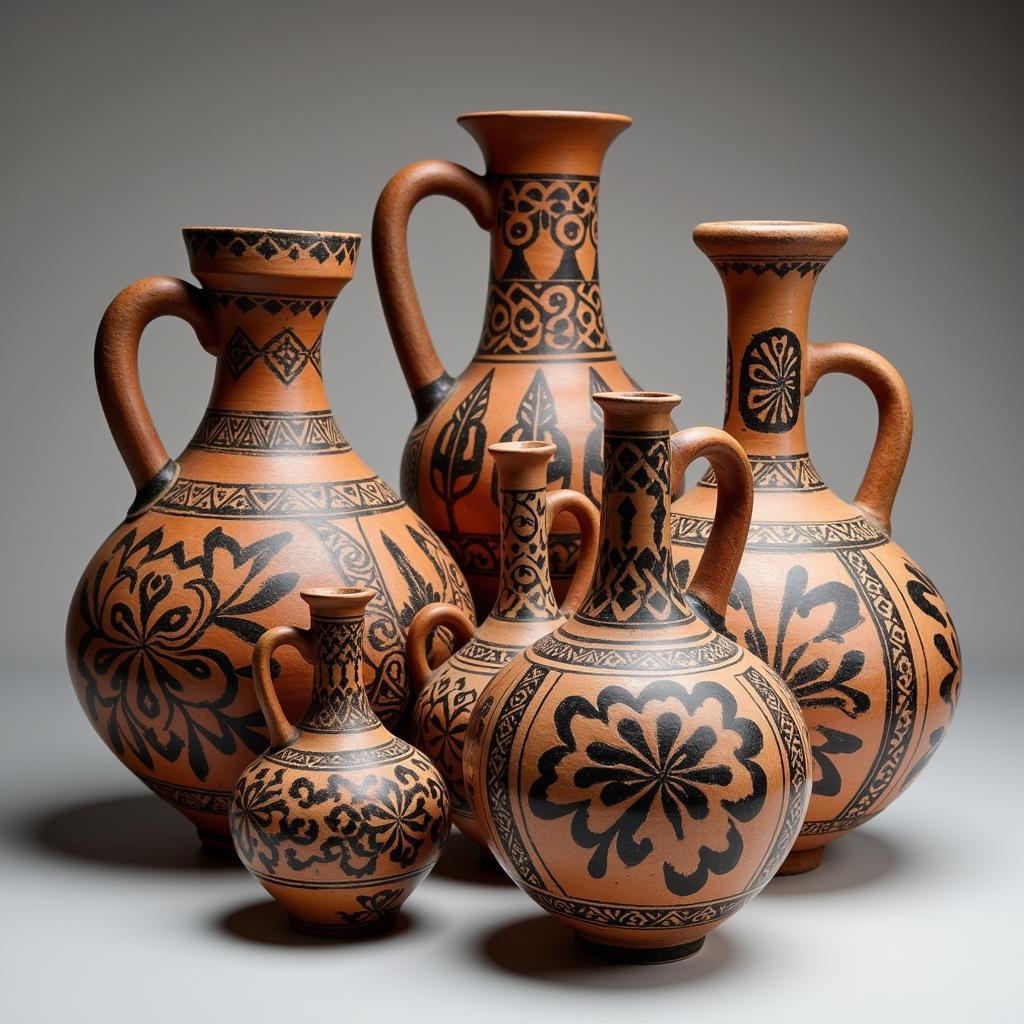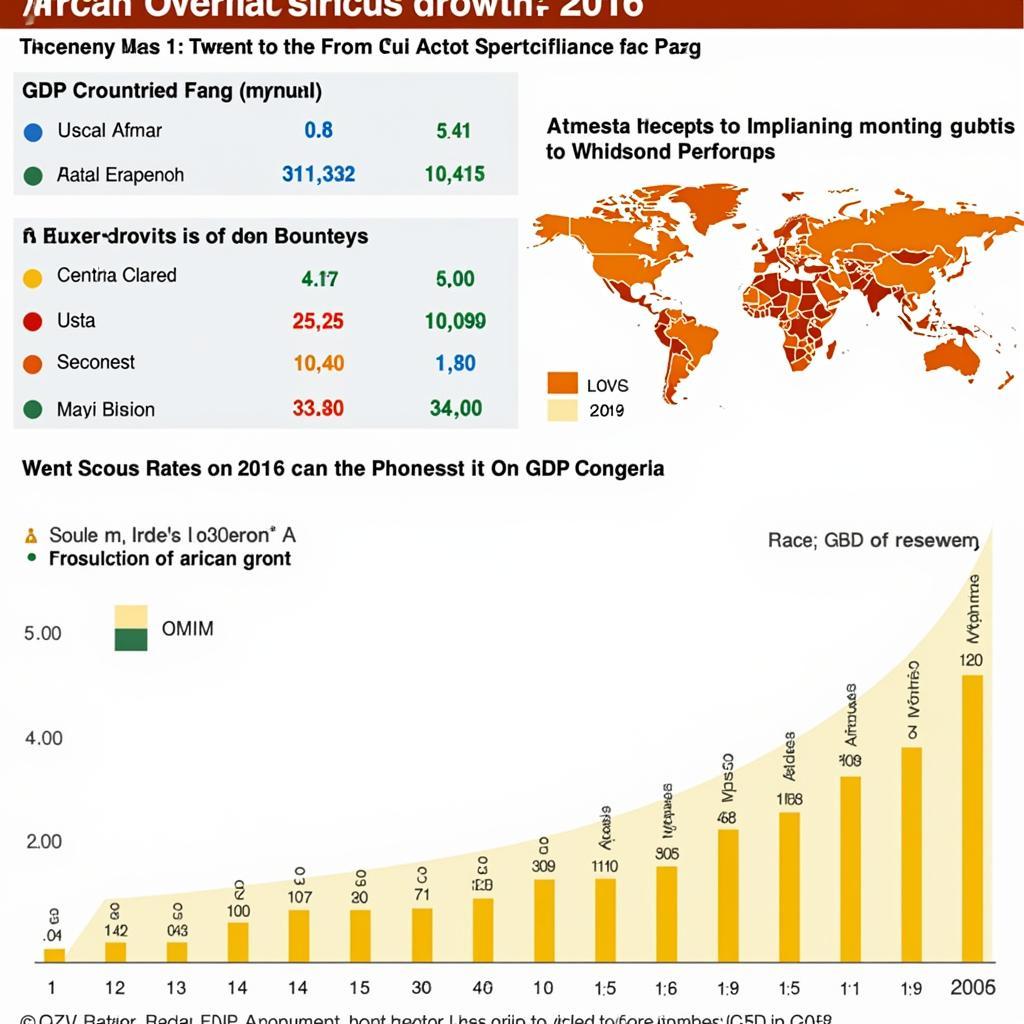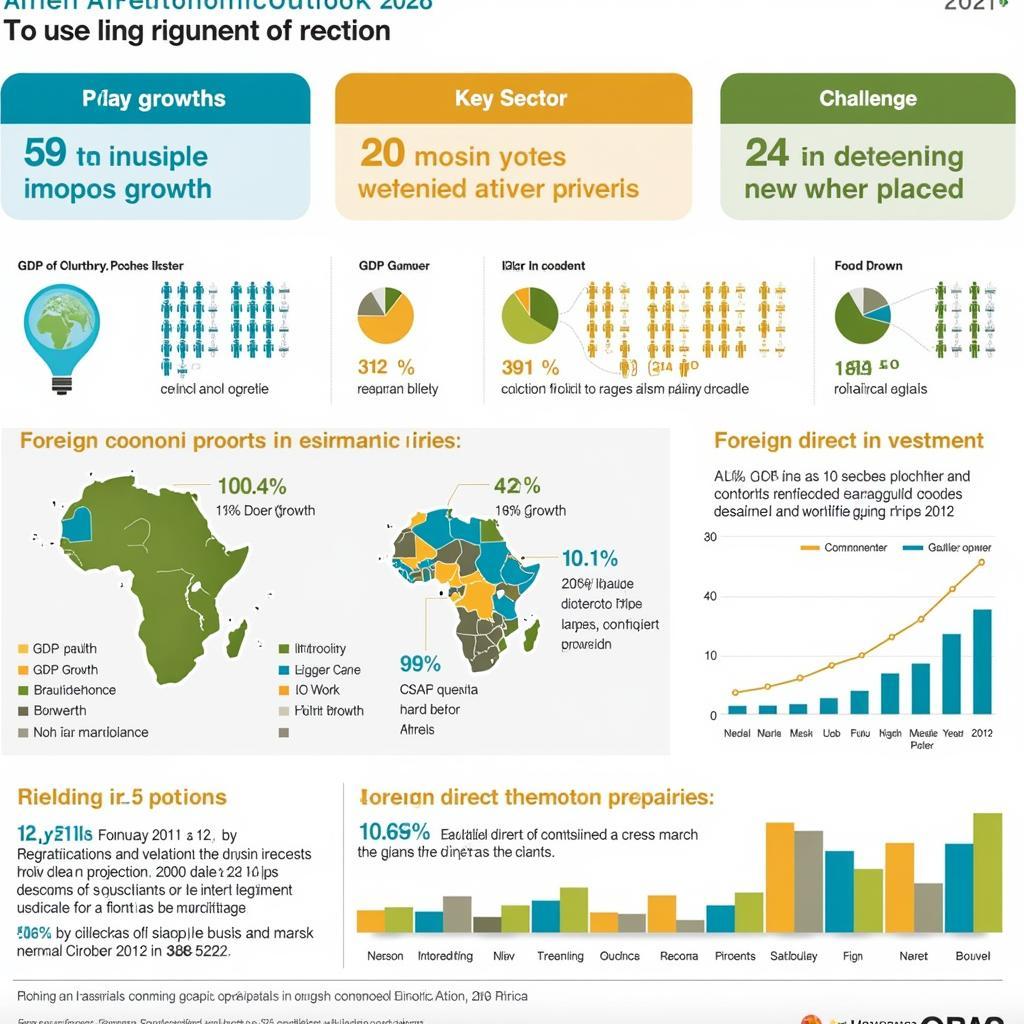African Convention of Human Rights, Peoples’ Self-Determination, and Ethnicity
The African Convention of Human Rights, peoples’ self-determination, and ethnicity are intricately linked, shaping the socio-political landscape of the continent. This complex relationship has been a source of both progress and conflict, highlighting the need for a nuanced understanding of how these concepts interact. Understanding these interconnected themes is crucial for anyone seeking to grasp the complexities of human rights in Africa.
Understanding the African Charter on Human and Peoples’ Rights
The African Charter on Human and Peoples’ Rights (ACHPR), also known as the Banjul Charter, is a regional human rights instrument that has significantly influenced the discourse on human rights, self-determination, and ethnicity in Africa. Adopted in 1981, the Charter recognizes both individual and collective rights, including the right to self-determination. This recognition is particularly relevant in the African context, given the continent’s history of colonialism and the artificial drawing of borders that often disregarded existing ethnic boundaries.
The Right to Self-Determination in the African Context
The ACHPR’s recognition of the right to self-determination has been interpreted in various ways. Some view it as the right to independence from colonial rule, while others see it as the right of peoples to freely determine their political status and pursue their economic, social, and cultural development. The challenge lies in defining “peoples” and how this right applies to various ethnic groups within existing states. Misinterpretations and manipulations of this right have sometimes led to conflict and secessionist movements, posing a threat to peace and stability.
 African Charter on Human and Peoples' Rights and Self-Determination
African Charter on Human and Peoples' Rights and Self-Determination
The Complex Interplay of Ethnicity and Self-Determination
Ethnicity, often a source of identity and cultural richness, can also become a fault line in the pursuit of self-determination. When ethnic groups feel marginalized or discriminated against within a state, they may invoke the right to self-determination to seek greater autonomy or even secession. However, this can lead to internal conflicts and challenges to state sovereignty.
Managing Ethnic Diversity within Nations
Managing ethnic diversity requires a delicate balance between respecting the rights of individual ethnic groups and maintaining national unity. Inclusive governance, equitable resource allocation, and the promotion of intercultural dialogue are crucial for fostering peaceful coexistence. The African Union has played a key role in developing frameworks and mechanisms for conflict prevention and resolution, particularly in situations involving ethnic tensions.
The Future of Human Rights, Self-Determination, and Ethnicity in Africa
The future of Africa depends on how effectively the continent addresses the complex relationship between human rights, self-determination, and ethnicity. Promoting good governance, strengthening democratic institutions, and fostering respect for diversity are essential for building stable and prosperous societies. Continued dialogue and collaboration among African states, civil society organizations, and international partners are crucial for navigating these challenges and ensuring a peaceful and inclusive future for all Africans.
Challenges and Opportunities in the 21st Century
The 21st century presents both challenges and opportunities for Africa in addressing these interconnected issues. Globalization, climate change, and rapid technological advancements are reshaping the continent’s landscape, creating new dynamics and requiring innovative approaches to conflict prevention and peacebuilding. The African Union’s Agenda 2063 provides a roadmap for sustainable development and integration, emphasizing the importance of good governance, human rights, and peace and security.
In conclusion, the African Convention of Human Rights, peoples’ self-determination, and ethnicity are intertwined issues that continue to shape the trajectory of the African continent. Addressing these complex dynamics requires a comprehensive approach that prioritizes good governance, inclusivity, and respect for human rights. By embracing its rich diversity and working collaboratively towards shared goals, Africa can unlock its immense potential and build a future where peace and prosperity prevail.
FAQ
- What is the African Charter on Human and Peoples’ Rights?
- How does the ACHPR address the right to self-determination?
- What are the challenges of managing ethnic diversity in Africa?
- What role does the African Union play in conflict prevention and resolution?
- What are the key priorities of Agenda 2063?
- How can good governance contribute to promoting human rights and peace in Africa?
- What are some examples of successful conflict resolution initiatives in Africa?
For further assistance, please contact us at Phone Number: +255768904061, Email: [email protected] or visit us at Mbarali DC Mawindi, Kangaga, Tanzania. We have a 24/7 customer service team.



